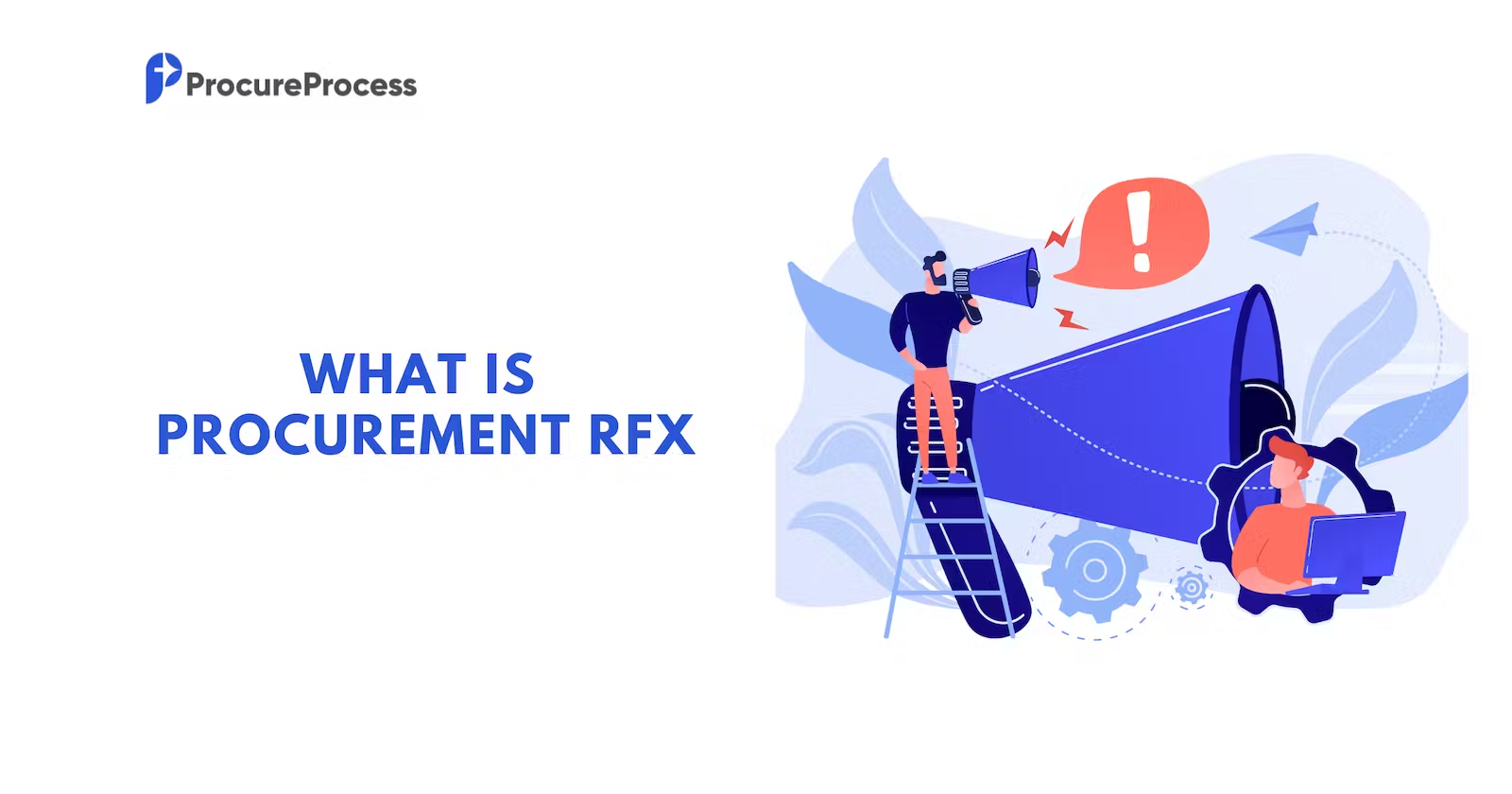In this five-part series, we will break down procurement RFX – a fundamental concept in procurement. RFX, an abbreviation that encompasses Request for Quotation (RFQ), Request for Proposal (RFP), and Request for Information (RFI), plays a pivotal role in the sourcing process for organizations. In this introductory article, we will define what RFX is, and set the stage for a comprehensive exploration of its various components.
What is RFX in Procurement?
RFX is a collective term used in procurement to describe the various request types that organizations use to solicit information, bids, proposals, or quotations from suppliers or vendors. These requests are essential in the procurement process, as they enable organizations to make informed decisions about supplier selection and negotiation.
Each of the RFX components serves a specific purpose:
RFQ (Request for Quotation): An RFQ is used when an organization seeks to obtain pricing information from suppliers. This type of request is typically employed for straightforward, low-complexity purchases where price is the primary consideration.
RFP (Request for Proposal): RFPs are more comprehensive than RFQs and are used when organizations need detailed proposals from suppliers. RFPs are commonly used for complex or high-value purchases, where factors other than just price, such as quality, service, and technical specifications, play a significant role in the selection process.
RFI (Request for Information): RFIs are used when organizations want to gather information about potential suppliers and their capabilities. RFIs are typically employed in the early stages of procurement to assess the market and identify suitable suppliers.
In the subsequent articles of this series, we will explore each of these RFX components in greater detail, providing insights into their use cases, best practices, and how organizations can effectively leverage them in their procurement processes.
But why are these RFX processes crucial, and how can organizations make the most of them? To find answers to these questions, join us in the upcoming articles, where we will navigate through the world of procurement RFX and how ProcureProcess can assist organizations in publishing their RFX on our RFX Board.
Stay tuned for the next article, where we will dive deeper into how organizations use RFQs





